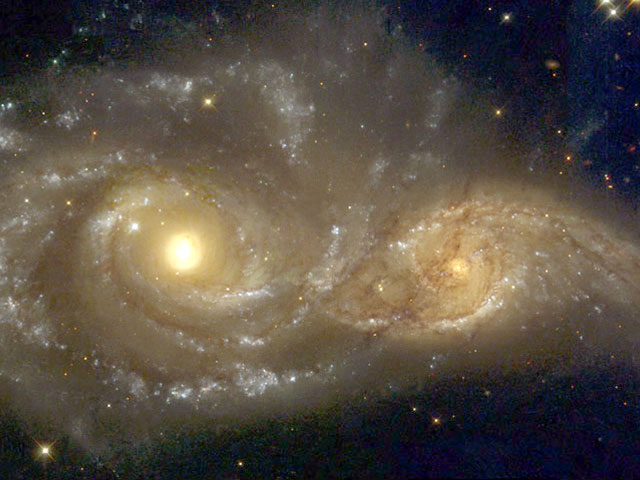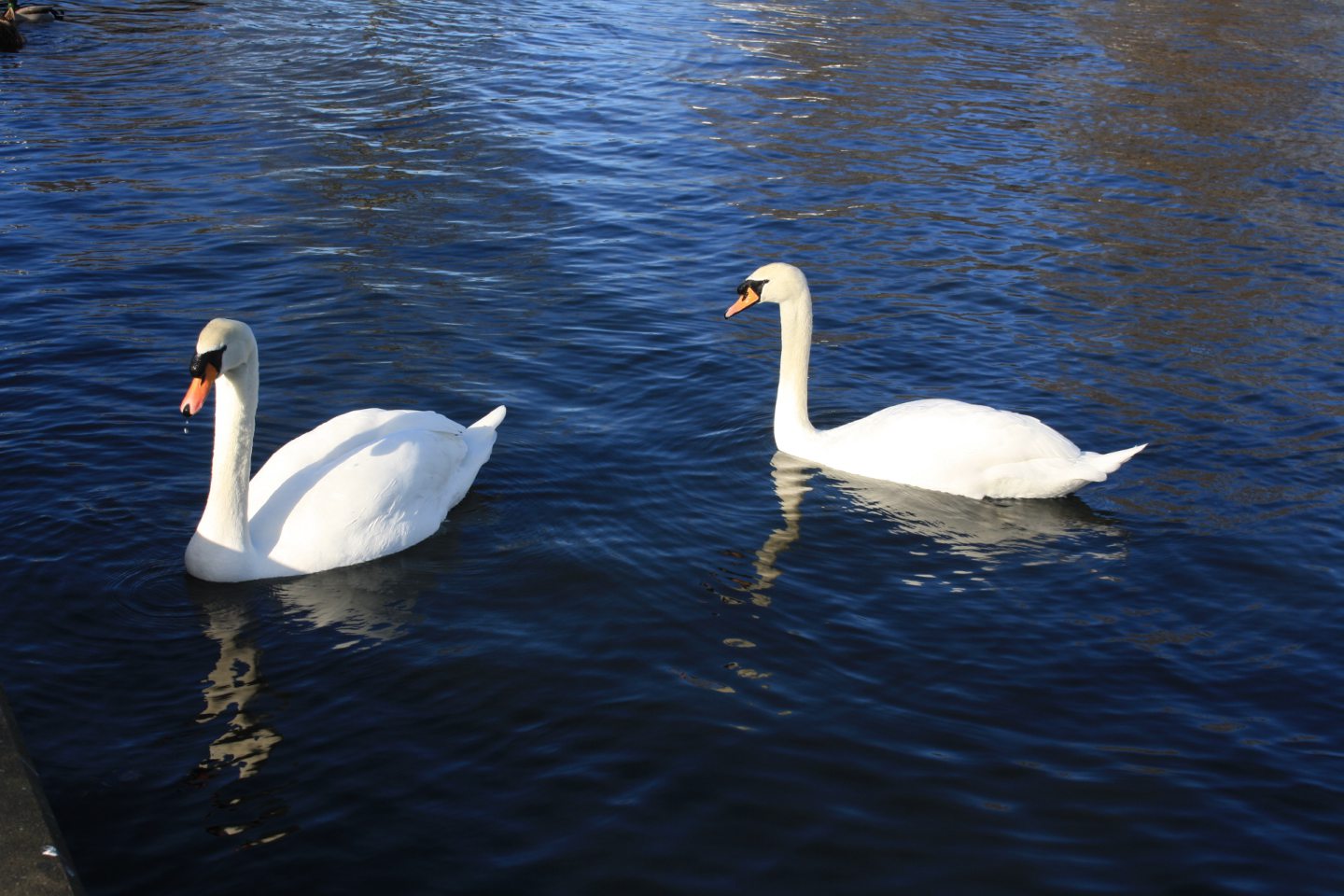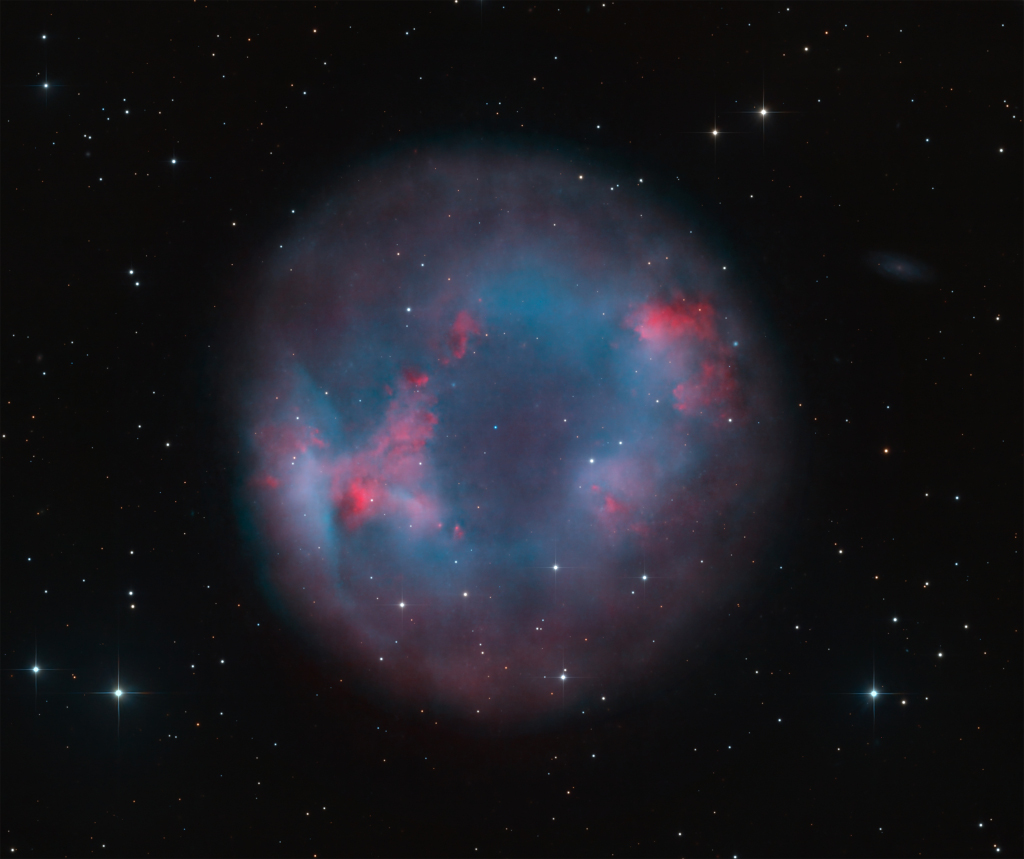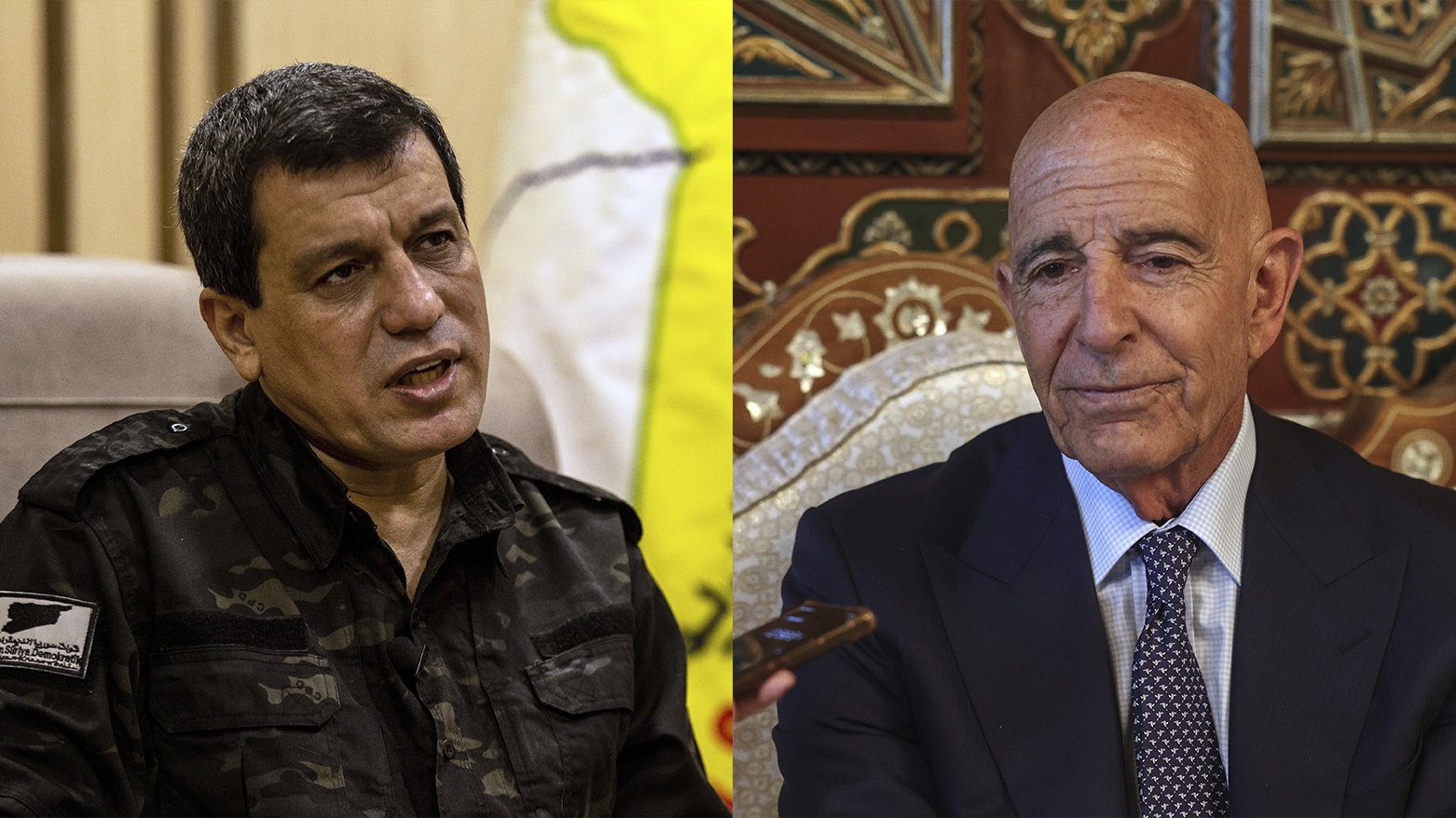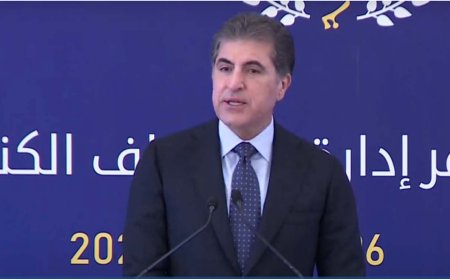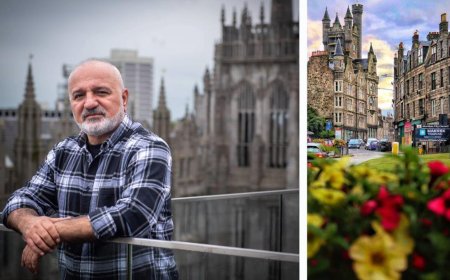Bridging language and memory: ‘My Beloved Kurdistan’ in translation
Dr Sirwan Abdulkarim Ali
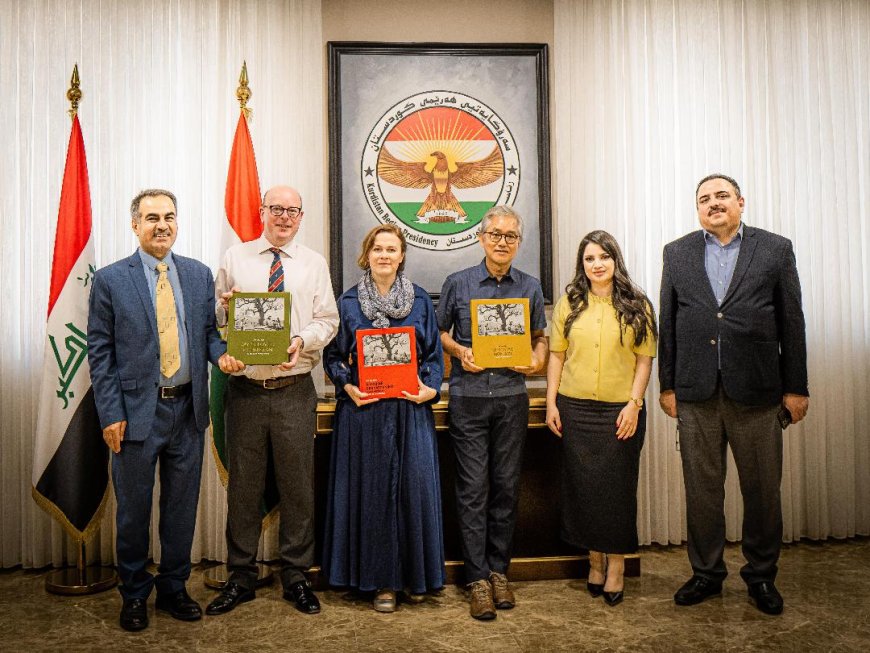
Managed by the Vision Education Foundation, our translation team recently undertook one of the most profound and culturally meaningful literary projects of recent years, namely the translation of Lâm Duc Hiên’s My Beloved Kurdistan from French into English and Arabic. Completed in record time and with remarkable precision and stylistic sensitivity, the project was personally commended by the author, who noted that the translators had “captured the soul of the book, not merely its words.”
The translations into English and Arabic were the work of our team. Each language brought its own tone, emotion, and rhythm, French with its poetic nuances, Kurdish with its closeness to the land and people, English with its clarity, and Arabic with its expressive warmth and historical resonance. As head of the translation team, I had the honour of working closely with Michael EJ Phillips, who produced a faithful and eloquent English translation, and Zahra Kosrat Dhahir, whose Arabic editing gave the text literary depth and linguistic accuracy. Lâm Duc Hiên, who personally followed the process, expressed his gratitude:
“Dr Sirwan and his team gave my book a new life in two languages. They carried its emotions with fidelity and grace.” This collaborative effort supervised by Rawand Abdulkadir Darwesh and the Vision Education Foundation transformed the translation process into a bridge between cultures and generations.
This international project was made possible through the support of the Vision Education Foundation in Erbil, represented by Rawand Abdulkadir Darwesh, in partnership with French cultural institutions, and with the invaluable collaboration of Lâm Duc Hiên and Magdalena Sodomková. Hiên the author, photographer, and humanitarian; and Sodomková; the Czech investigative journalist, documentary producer, and translator of the Czech edition of My Beloved Kurdistan both played vital roles in shaping the spirit of the book. Sodomková’s contribution extended beyond translation; she worked closely with Hiên to document field experiences, verify historical details, and ensure that the emotional depth of the stories was preserved across languages and cultures.
My Beloved Kurdistan (Kurdistan mon ami, 2024) is far more than a book of photographs. It is a chronicle of endurance, pain, and human dignity. It documents over thirty years of Kurdish history as witnessed by Lâm Duc Hiên, who first arrived in Kurdistan in 1991 during the mass exodus that followed the Kurdish uprising of that year. The original French text itself was the work of Leslie Lepers, who was also with ÉquiLibre in the Kurdistan Region of Iraq in 1994.
The book takes the reader from the destroyed villages of Anfal to refugee camps in Zakho, from the revival of education in rural schools to the fight against ISIS. Through his lens, Hiên captures not only destruction and despair but also resilience, compassion, and the Kurdish spirit of survival.
Born in Laos in 1966, Lâm Duc Hiên grew up amid war and displacement. His family fled to Thailand and later to France. When he arrived in Kurdistan in 1991, he immediately recognized the familiar scenes of suffering; the faces of families on the move, the exhaustion, the silent endurance. He later wrote, “Among the exhausted Kurdish refugees, I saw again the face of my mother when we fled from Laos.” It was this profound empathy; born of shared exile; that allowed him to document Kurdistan not as a stranger, but as someone who truly understood the cost of survival.
While working on the translation, “I could not separate Hiên’s story from my own. I remembered my mother, who ignored the pain in her body; the ache in her knees, her back, even her head as she struggled to lead us and my uncle’s family toward the Iranian border. Her fear was not for herself but for our survival. In those moments, her physical suffering vanished behind her strength and the instinct to protect.”
One of the most touching parts of the book documents the humanitarian work of the French organisation ÉquiLibre, whose members stood by the Kurdish people during their most difficult years. Between 1993 and 1994, ÉquiLibre provided daily hot meals for schoolchildren in remote villages and monthly dry-food rations for teachers, ensuring that education continued even amid economic hardship and instability. As someone who volunteered during that same period to teach English in Takya Kakamand near Chamchamal, I witnessed firsthand the transformative power of such support. A warm meal for a child and a modest food ration for a teacher symbolized more than charity; they represented continuity, dignity, and the belief that knowledge must not die even in crisis.
My Beloved Kurdistan also celebrates the region’s deep religious and cultural diversity. Hiên’s photographs and stories portray Muslims, Christians, Yazidis, Kaka’is, Zoroastrians, Mandaeans, and Jews all living in the same land, all survivors of history. In one remarkable photograph, an imam, a Christian priest, and a Yazidi spiritual woman sit together, discussing faith and forgiveness. For me, this scene embodies the moral strength of Kurdistan: a place where difference can coexist with respect.
Translating this section into Arabic required both cultural sensitivity and literary balance. Our goal was to preserve the universality of coexistence while maintaining the Kurdish essence of tolerance and humanity. Throughout Hiên’s work, education emerges as the most enduring form of resistance. His images of children studying among ruins, of teachers continuing their work despite poverty and war, mirror the reality I once knew.
Teaching English voluntarily in remote Kurdish schools in the early 1990s, I learned that education is not just about literacy; it is about survival, identity, and hope. It is how a people, long denied their voice, reclaim their future.
When the translation was completed, I realized this project was more than linguistic labour but a shared act of remembrance. Under the leadership of Rawand Abdulkadir Darwesh and with the partnership of Vision Education Foundation, we built a cultural bridge linking the stories of the Kurdish people with readers across the world.
At the launch of the Arabic and English editions, Lâm Duc Hiên said, “I have rarely seen such precision and empathy in translation. This team not only understood my words; they lived them.”
My Beloved Kurdistan is not simply a book; it is a testimony. It reminds us that the truest history is written not by soldiers or politicians, but by teachers, translators, photographers, and children who choose to remember.
For me, translating this book was a return to my beginnings; to the cold classrooms of my youth, to the courage of my students, and to the conviction that memory itself is a form of resistance. In a world divided by borders and languages, My Beloved Kurdistan stands as a bridge of light connecting exile to homeland, pain to pride, and humanity to humanity.
The translation team extends its gratitude to:
- Professor Dr Dana Mawlood, CEO of Vision Education
- Rawand Abdulkadir Darwesh, for his excellent project management and representation of the Vision Education Foundation.
- Lâm Duc Hiên, for his trust, vision, and unwavering collaboration.
- Bayan Salim, translator of the Kurdish edition.
- The French humanitarian organisation ÉquiLibre, for its educational and logistical support in 1990s providing hot meals for schoolchildren and monthly food rations for teachers, a gesture that remains a symbol of human solidarity and the transformative power of education.
- Last, but not least, Leslie Lepers, author of the French original and working with ÉquiLibre.

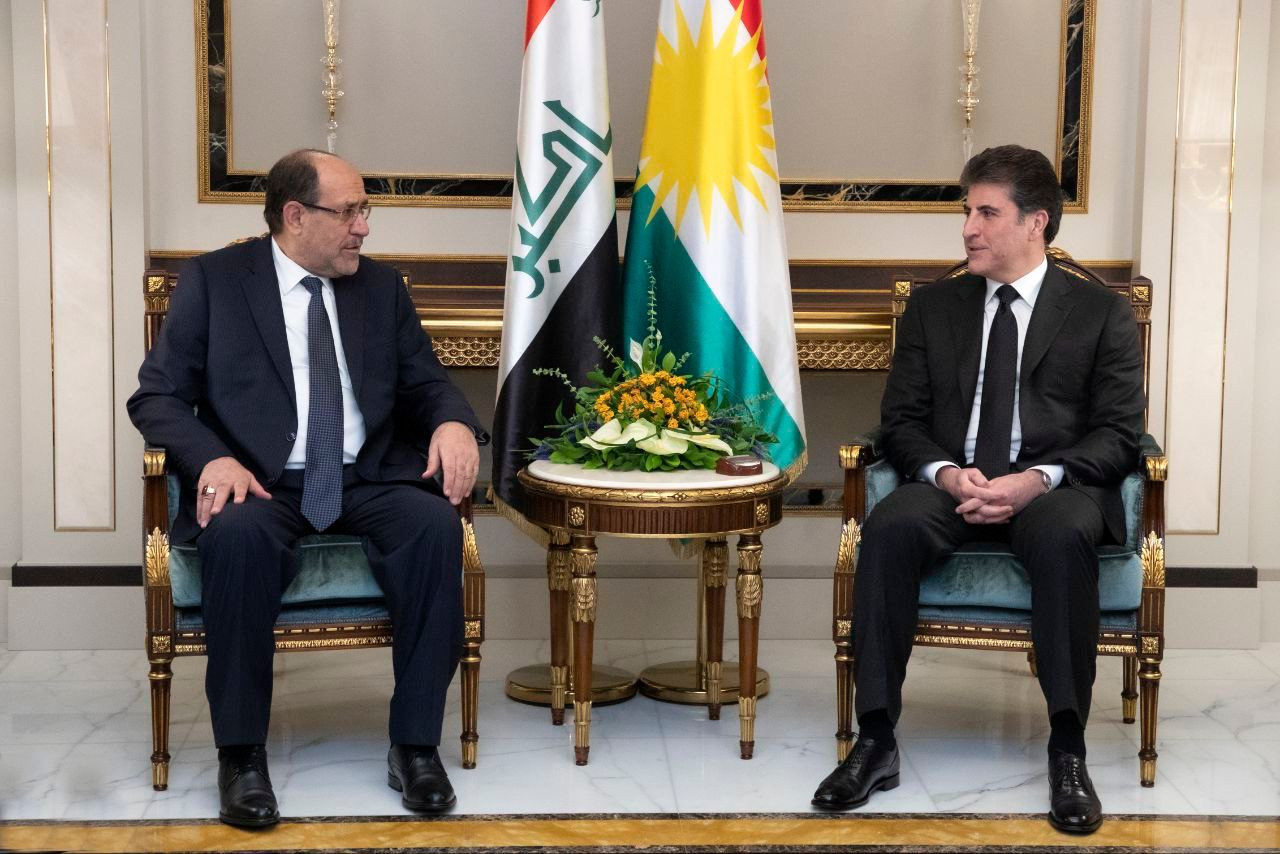




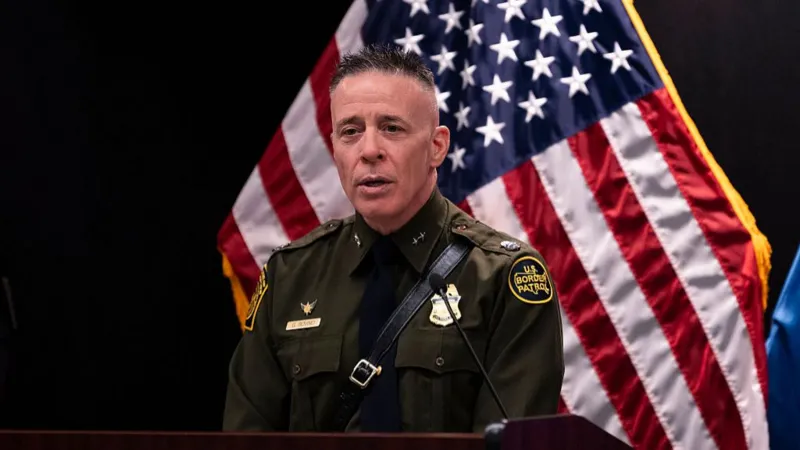














/file/attachments/orphans/taku-transport_666718.jpg)








